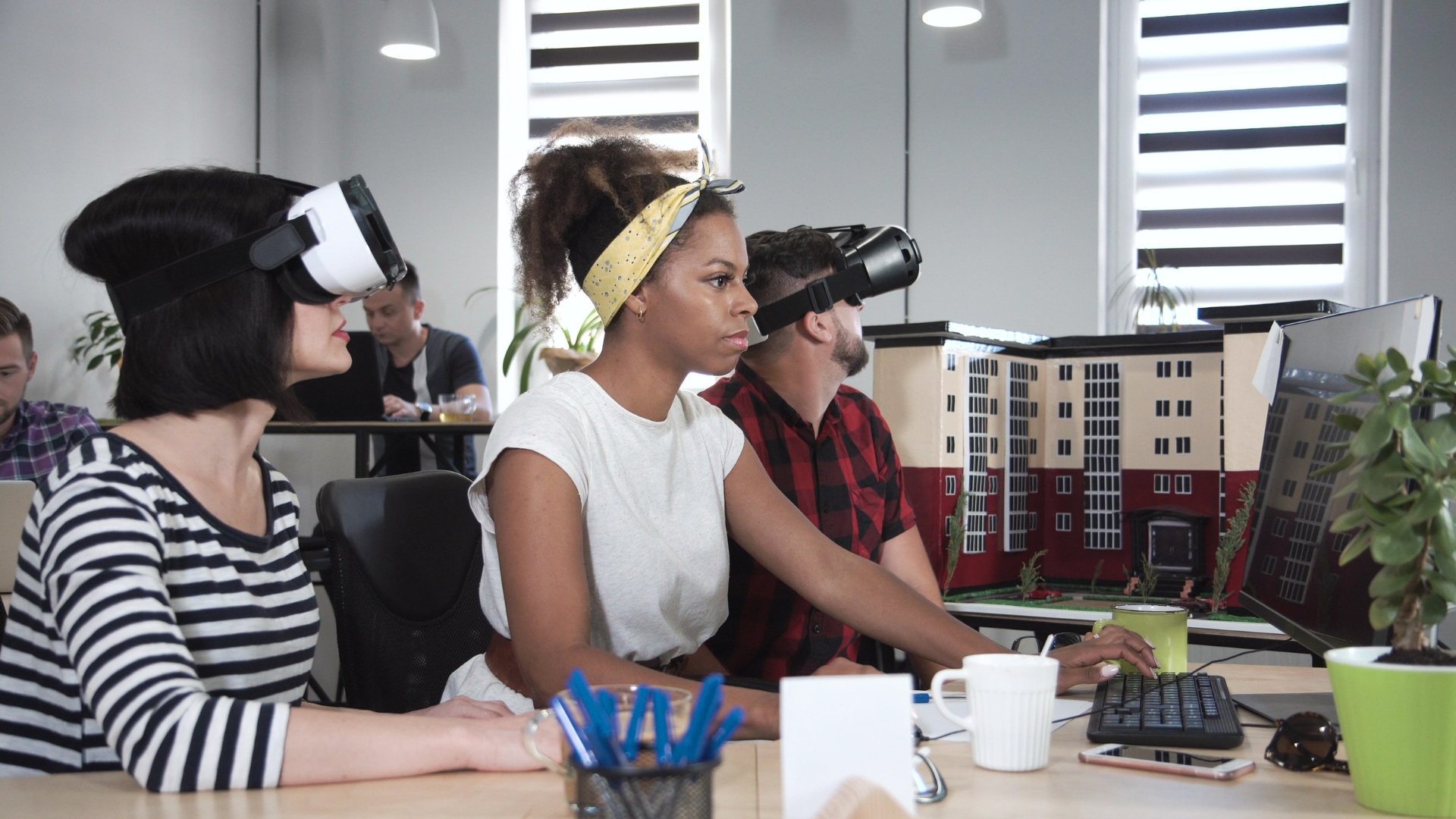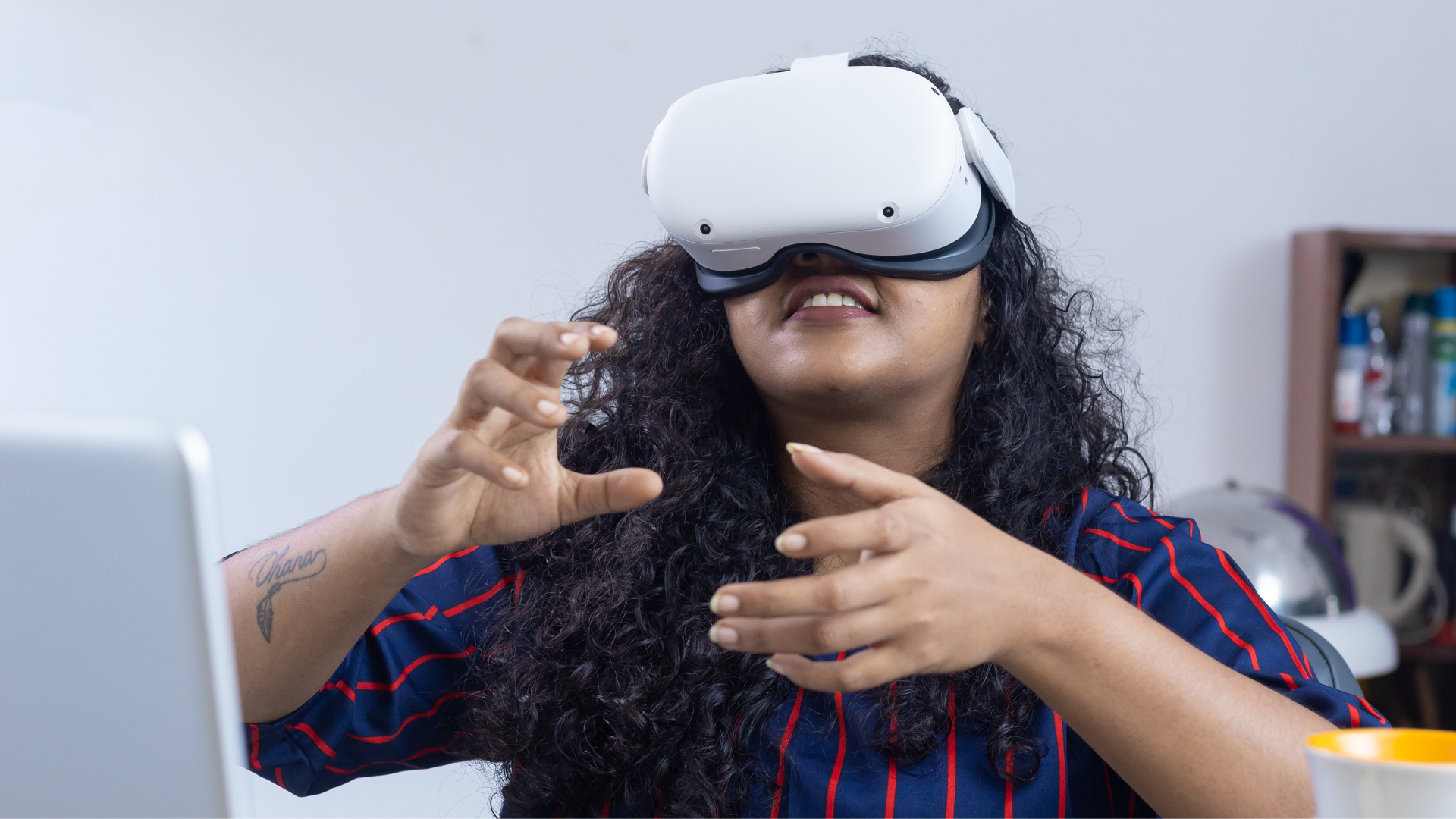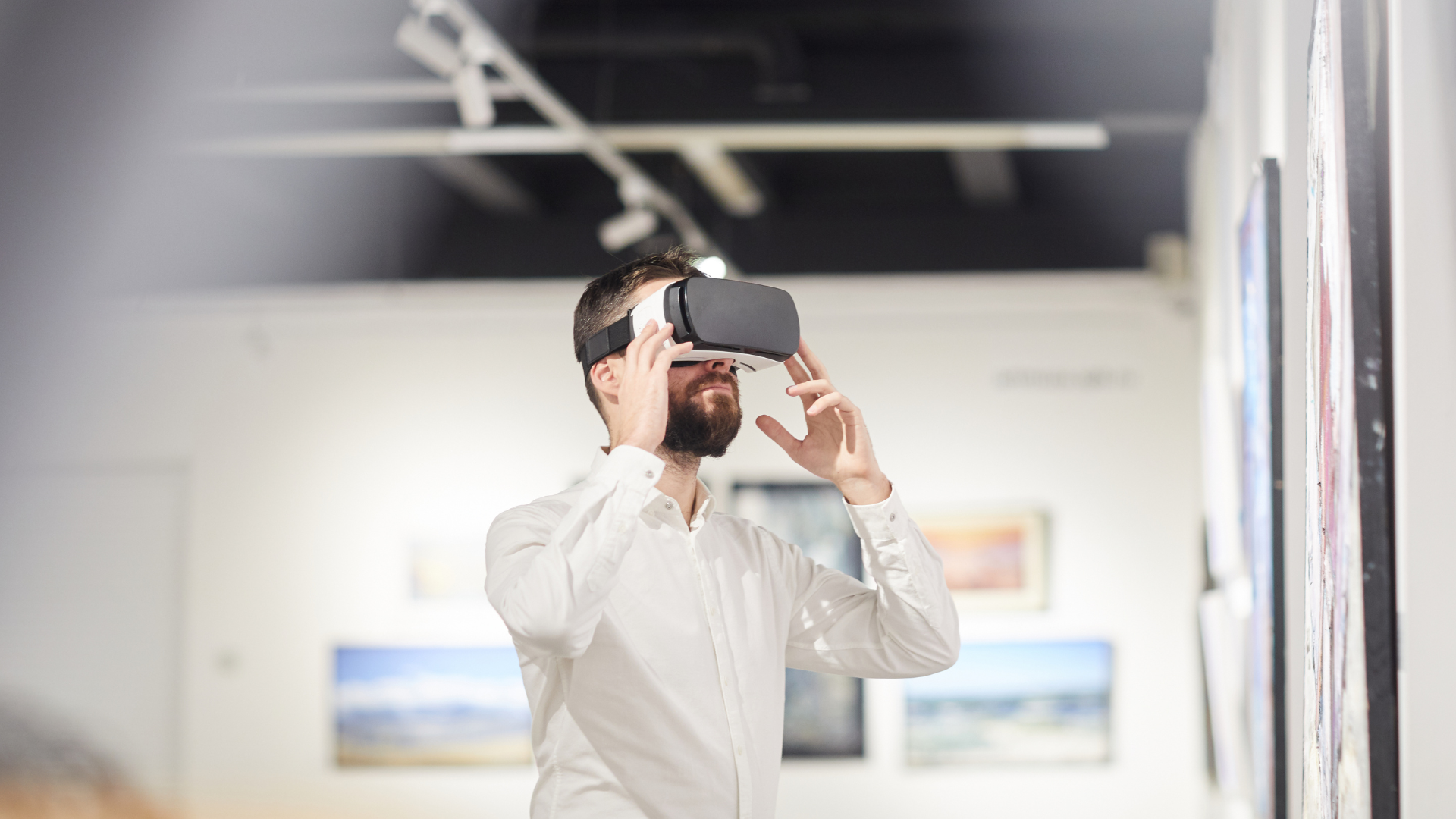Future of work series: Opportunities and Challenges using VR
Virtual reality (VR) is transforming the way we work, opening up new opportunities for remote collaboration, training, and simulation. As the technology continues to advance, the future of work looks increasingly virtual.

Virtual reality (VR) is transforming the way we work, opening up new opportunities for remote collaboration, training, and simulation. As the technology continues to advance, the future of work looks increasingly virtual.
In this blog, we'll explore the opportunities and challenges that come with using VR in the workplace.
Opportunities
- Remote Collaboration: VR allows for remote teams to collaborate as if they are in the same physical space. This opens up opportunities for companies to tap into a wider pool of talent, regardless of location.
- Enhanced Training: VR can be used to create immersive training environments that simulate real-life scenarios. This allows employees to gain practical experience without the need for physical equipment or on-site training.
- Improved Safety: VR can be used for safety training, allowing employees to practice hazardous tasks in a safe, controlled environment. This reduces the risk of accidents and injuries in the workplace.
- Increased Efficiency: VR can improve efficiency by allowing employees to work more quickly and accurately. For example, in manufacturing, VR can be used to simulate assembly processes and identify potential bottlenecks or errors.
- New Business Models: VR opens up new opportunities for businesses to create immersive experiences for customers. For example, real estate companies can use VR to give virtual tours of properties, allowing customers to experience the space before making a decision.
Challenges
- Cost: VR technology can be expensive, particularly for high-quality headsets and equipment. This can be a barrier for smaller businesses or those with limited budgets.
- Training: Employees may need to be trained on how to use VR equipment and software, which can be time-consuming and require additional resources.
- Integration: Integrating VR technology into existing workflows and processes can be challenging, particularly for companies with legacy systems.
- Security: VR raises new security concerns, particularly when it comes to protecting sensitive data and intellectual property.
- Physical Limitations: Some employees may experience motion sickness or other physical discomfort while using VR technology. This can limit the amount of time they can spend using the technology.
Conclusion
Despite the challenges, the future of work using VR looks promising. With the potential for improved collaboration, training, and efficiency, VR can help businesses stay competitive and adapt to the changing nature of work. As the technology continues to advance, it's important for businesses to carefully consider the opportunities and challenges that come with using VR in the workplace, and to develop a clear strategy for incorporating the technology into their operations.
Other articles in our Future Of Work Series:











